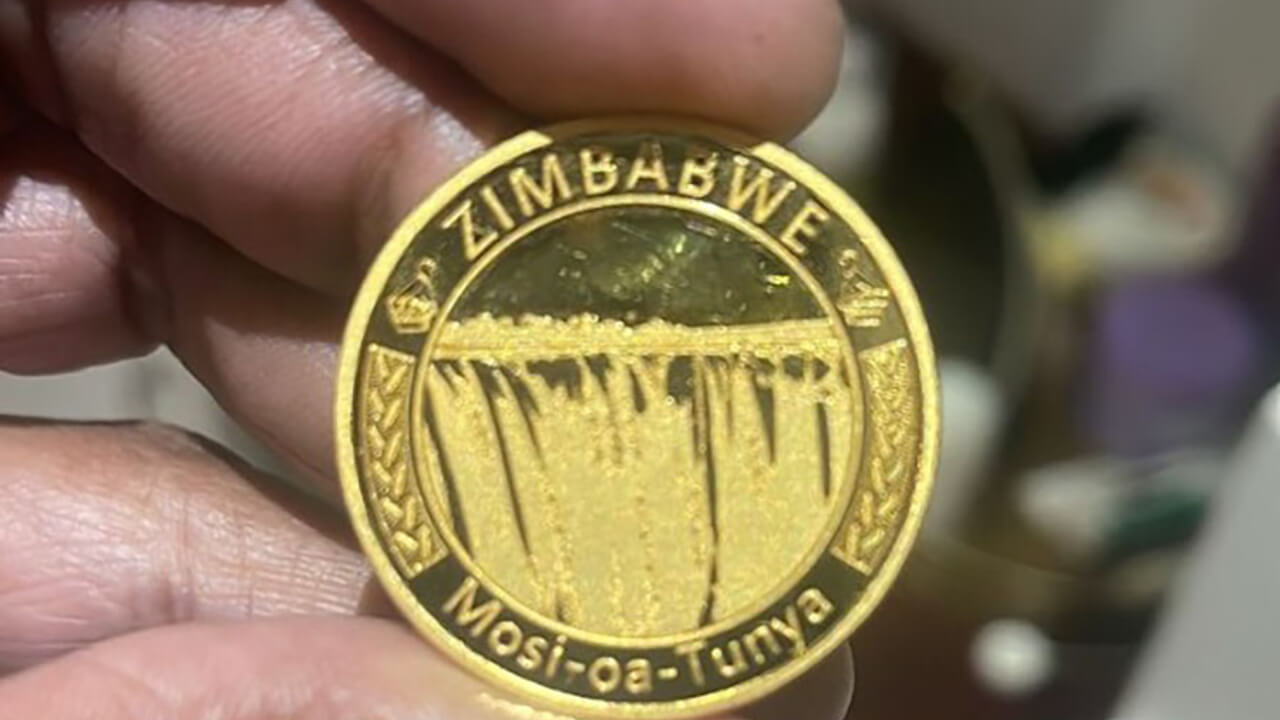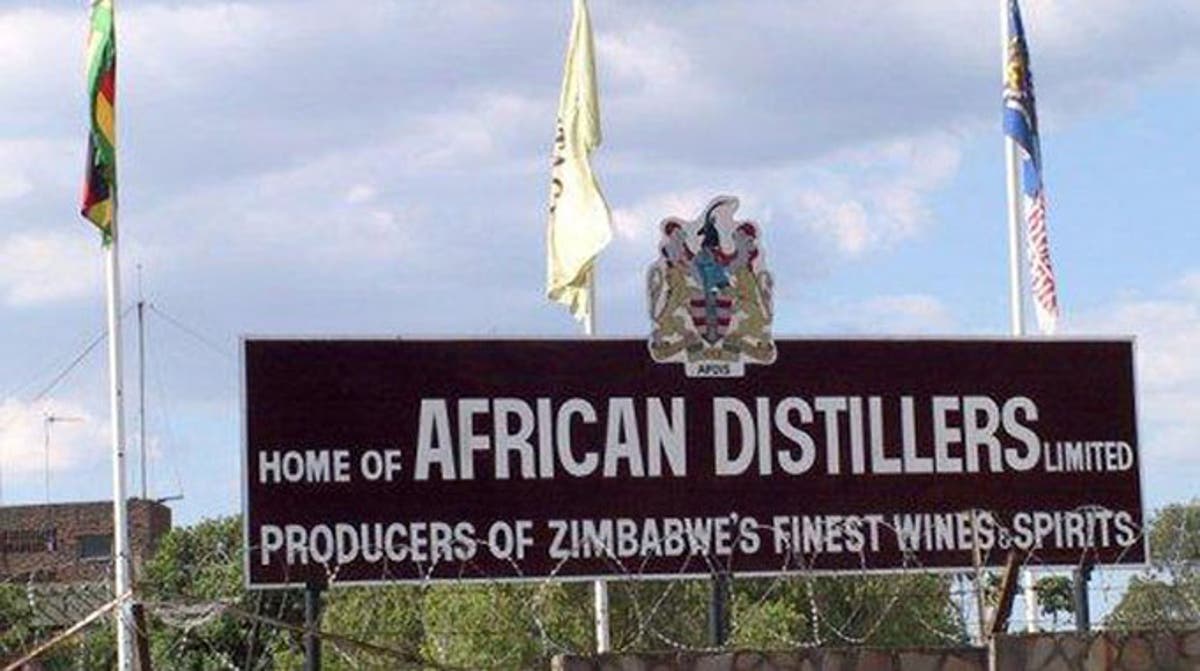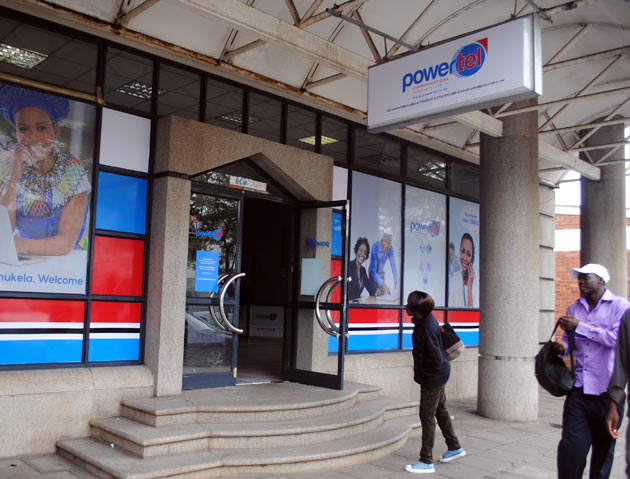Zimbabwe sets quality, standards for mobile network providers
Zimbabwe has introduced quality and performance measures for data and internet services for the first time, aiming to ensure that internet Mobile Network Operators (MNOs) deliver reliable and high-quality services.
The measures introduced through Statutory Instrument 154 of 2024 have been necessitated by the significant growth and widespread use of data services in Zimbabwe.
They aim to modernise the regulatory framework, which was last updated in 2016, when data and internet were not as prevalent in telecommunications.”
In addition, the regulations increase the accountability of licensees to deliver high-quality services to consumers for all licensed services. Given the rapid growth of data and internet services since 2016, compared to traditional GSM services, the outdated regulations needed to be updated.
Licensees must now comply with these new performance standards for data and internet services.
The new performance measures include the data service success rate, which is calculated as the ratio of successful internet access attempts to total attempts. This is set at a minimum of 95 percent.
The number of abnormally dropped internet sessions will be measured and must be less than 2 percent of all dropped data sessions.
Under the new regulations, cell phone availability must exceed 67 percent per day, with at least 16 hours of coverage daily.
Fourth generation, also known as 4G services are required to have a minimum downlink speed of 5 Megabits per second (Mbps) and an uplink speed of 1 Mbps.
Data reliability and integrity must now exceed 70 percent on the Reliability and Integrity Indicator.
Under SI 154, telecom licensees are required to submit their performance measurements, including for data and all other licensed services, to POTRAZ, which will then publish a monthly report based on these measurements.
Licensees who fail to meet these standards will receive a warning with a 15-day compliance period.
A second warning will follow if the issue is not resolved, and if the licensee continues to default after another 15 days, sanctions will be imposed.
Sanctions for non-compliance range from US$200 to US$5,000 per infringement and can also be paid in the equivalent Zimbabwean dollars at the official exchange rate.
Telecommunications expert Lazarus Muchenje described the SI 154 of 2024 as a timely and necessary regulation.
He noted that while data and internet services were increasingly used for communication and business purposes, a regulatory gap had allowed for subpar service quality and insufficient accountability for licensees.
“Now with 4G speeds being given a minimum uplink speed of 1Mbps and downlink speed of 5 Mbps, while availability should be above 67 percent and unplanned dropped data sessions are supposed to be below 2 percent, we should now see telecom players investing in maintenance, optimisation and capacity improvements on their networks so that they don’t infringe the new law.
“Credit must be given to the Government as this is a courageous and visionary step bringing Zimbabwe to first world levels of telecoms excellence and public accountability,” said Muchenje, who is former CEO of state-owned NetOne.-ebsinessweekl











